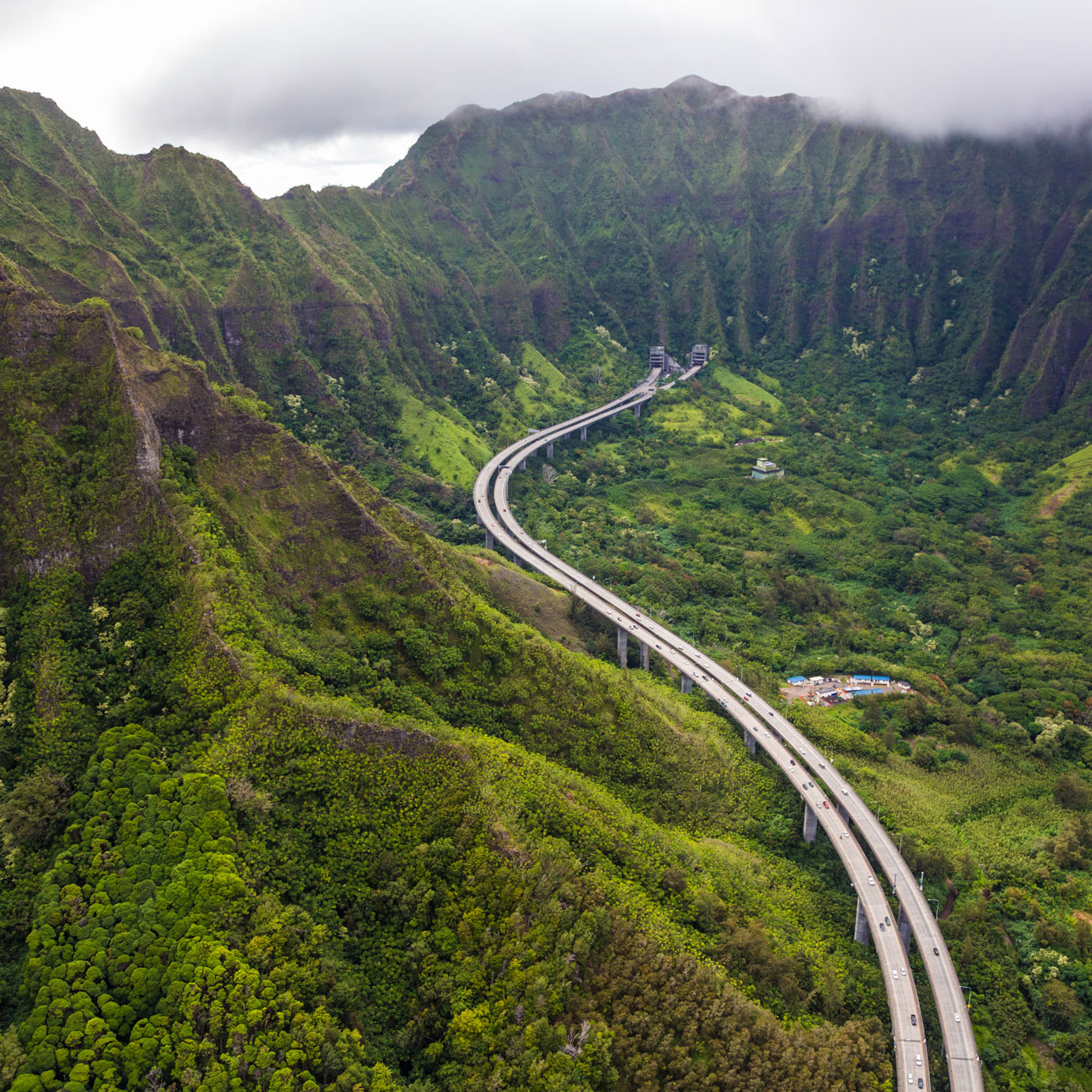MBUF Systems
In the United States, states are taking a lead in helping to resolve many of the implementation questions by working with academia, industry partners and each other to devise mileage-based user fee pilot projects around the country.
State Pilots and Systems
In the United States, states are taking a lead in helping to resolve many of the implementation questions by working with academia, industry partners and each other to devise mileage-based user fee pilot projects around the country.
Following is a summary of notable projects, studies and legislation around the nation. The information below has been gathered from a number of sources including, but not limited to, the Federal Highway Administration.


Domestic
In the United States, states are taking a lead in helping to resolve many of the implementation questions by working with academia, industry partners and each other to devise mileage-based user fee pilot projects around the country.
Following is a summary of notable projects, studies and legislation around the nation. The information below has been gathered from a number of sources including, but not limited to, The Council of State Governments April 2015 brief titled, “States Explore Mileage-Based User Fees”.




International Systems
The notion of using distance-traveled as a mechanism for charging drivers is already being successfully implemented in several European nations (Germany, Austria, Switzerland and the Czech Republic), and in New Zealand.


International
The notion of using distance-traveled as a mechanism for charging drivers is already being successfully implemented in several European nations (Germany, Austria, Switzerland and the Czech Republic), and in New Zealand.
Germany
Since as much as 35% of truck miles traveled on Germany’s motorways (Autobahn) are generated by foreign trucks, Germany’s roads face increased wear and tear from the freight traffic passing through. In 2005, because of the need for an additional source of revenue for road maintenance and expansion, Germany implemented a distance-based charge for all trucks over twelve tons (gross weight) using the motorways. Germany’s Toll Collect system is a toll for trucks based on the distance driven, the number of axles and the emission category of the vehicle. Over the last eight years, Toll Collect has generated approximately 30 billion (EURO) in income for the German Government to spend on transportation infrastructure.
New Zealand
The road user charges (RUC) system in New Zealand was established in 1978. Road user charges are paid on all diesel vehicles and on all vehicles over 3.5 tons. RUC rates are set according to vehicle types and weights and vary in proportion to costs to the network related to different vehicles. This is intended to encourage transport operators to make efficient choices when transporting freight, i.e. to use vehicles that balance direct operating costs and damage to roads. All the revenue from RUC goes into the National Land Transport Fund which is used for road construction and maintenance, along with other activities benefiting road users.
Switzerland
In 2000, Switzerland began requiring the installation of onboard units in every Swiss truck. Currently, more than 60,000 trucks regularly doing business in Switzerland carry these devices which records vehicle mileage and route information. Data is transmitted to the Swiss Customs Agency for direct billing.
Germany
Since as much as 35% of truck miles traveled on Germany’s motorways (Autobahn) are generated by foreign trucks, Germany’s roads face increased wear and tear from the freight traffic passing through. In 2005, because of the need for an additional source of revenue for road maintenance and expansion, Germany implemented a distance-based charge for all trucks over twelve tons (gross weight) using the motorways. Germany’s Toll Collect system is a toll for trucks based on the distance driven, the number of axles and the emission category of the vehicle. Over the last eight years, Toll Collect has generated approximately 30 billion (EURO) in income for the German Government to spend on transportation infrastructure.
New Zealand
The road user charges (RUC) system in New Zealand was established in 1978. Road user charges are paid on all diesel vehicles and on all vehicles over 3.5 tons. RUC rates are set according to vehicle types and weights and vary in proportion to costs to the network related to different vehicles. This is intended to encourage transport operators to make efficient choices when transporting freight, i.e. to use vehicles that balance direct operating costs and damage to roads. All the revenue from RUC goes into the National Land Transport Fund which is used for road construction and maintenance, along with other activities benefiting road users.
Switzerland
In 2000, Switzerland began requiring the installation of the onboard units in every Swiss truck. Currently, more than 60,000 trucks regularly doing business in Switzerland carry these devices which records vehicle mileage and route information. Data is transmitted to the Swiss Customs Agency for direct billing.
DISCOVER MORE ABOUT MBUF SYSTEMS
Alliance Staff & Contacts
If you have any questions, concerns or are a member of the media, please do not hesitate to contact our staff or fill the contact form:
Barb Rohde
Executive Director
(202) 857-9742 – barb.rohde@mbufa.org
Ted Bristol
Director of Operations
(202) 857-9742 – ted.bristol@mbufa.org
Drop Us a Line

